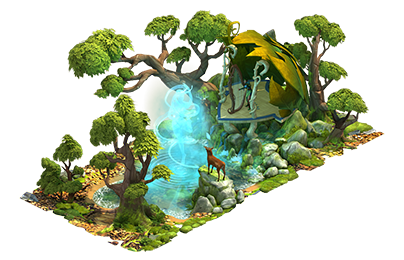ajqtrz
Chef - loquacious Old Dog
"I believe in everything until it's disproved. So I believe in fairies, the myths, dragons. It all exists, even if it's in your mind. Who's to say that dreams and nightmares aren't as real as the here and now? ~John Lennon
This was posted recently and it made me think. Here's are some short thoughts.
First, in an age of radical skepticism I like the idea of believing "in things where are not yet seen." It opens the door to all sorts of possibilities and I, for one, like the possible worlds I can imagine, some times more than the world I experience. Dreams are worlds in waiting and I like dreaming.
Second, as the philosopher Jean Paul Sartre said, "you know what a person really believes by how they act." If I believe in fairies I'd spend a lot of time in my garden looking for them. I don't, so I have to say my belief is a bit smaller than John Lennon's. Still, if you ever meet a fairy I'd love to hear about it.
Third, while I do believe dreams and nightmares are real as dreams and nightmares, I'm not sure my imagination is sufficient to say they are as "real as the here an now." If I'm slapped in a nightmare and wake up, my cheek isn't red and doesn't hurt. If I'm slapped in real life and fall asleep my cheek might still be red and ache a bit. Of course Mr. Lennon was probably only suggesting we be a bit less skeptical of even the strangest things. With that I agree.
AJ
This was posted recently and it made me think. Here's are some short thoughts.
First, in an age of radical skepticism I like the idea of believing "in things where are not yet seen." It opens the door to all sorts of possibilities and I, for one, like the possible worlds I can imagine, some times more than the world I experience. Dreams are worlds in waiting and I like dreaming.
Second, as the philosopher Jean Paul Sartre said, "you know what a person really believes by how they act." If I believe in fairies I'd spend a lot of time in my garden looking for them. I don't, so I have to say my belief is a bit smaller than John Lennon's. Still, if you ever meet a fairy I'd love to hear about it.
Third, while I do believe dreams and nightmares are real as dreams and nightmares, I'm not sure my imagination is sufficient to say they are as "real as the here an now." If I'm slapped in a nightmare and wake up, my cheek isn't red and doesn't hurt. If I'm slapped in real life and fall asleep my cheek might still be red and ache a bit. Of course Mr. Lennon was probably only suggesting we be a bit less skeptical of even the strangest things. With that I agree.
AJ

 Dear forum visitor,
It looks as though you have not registered for a forum account, or are not signed in. In order to participate in current discussions or create new threads, you will need to register for a forum account by clicking on the link below.
Dear forum visitor,
It looks as though you have not registered for a forum account, or are not signed in. In order to participate in current discussions or create new threads, you will need to register for a forum account by clicking on the link below.